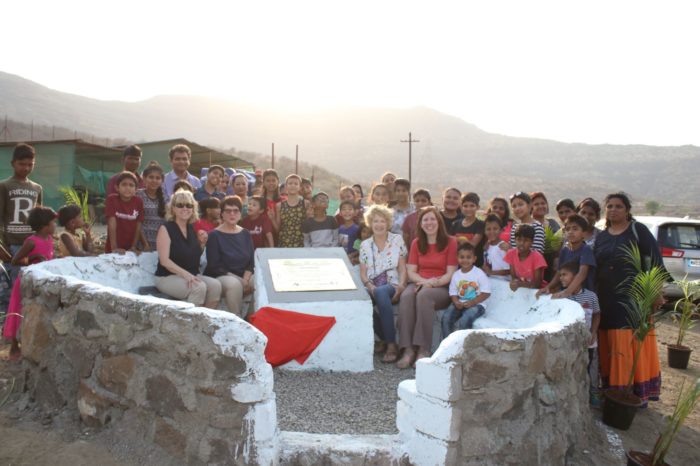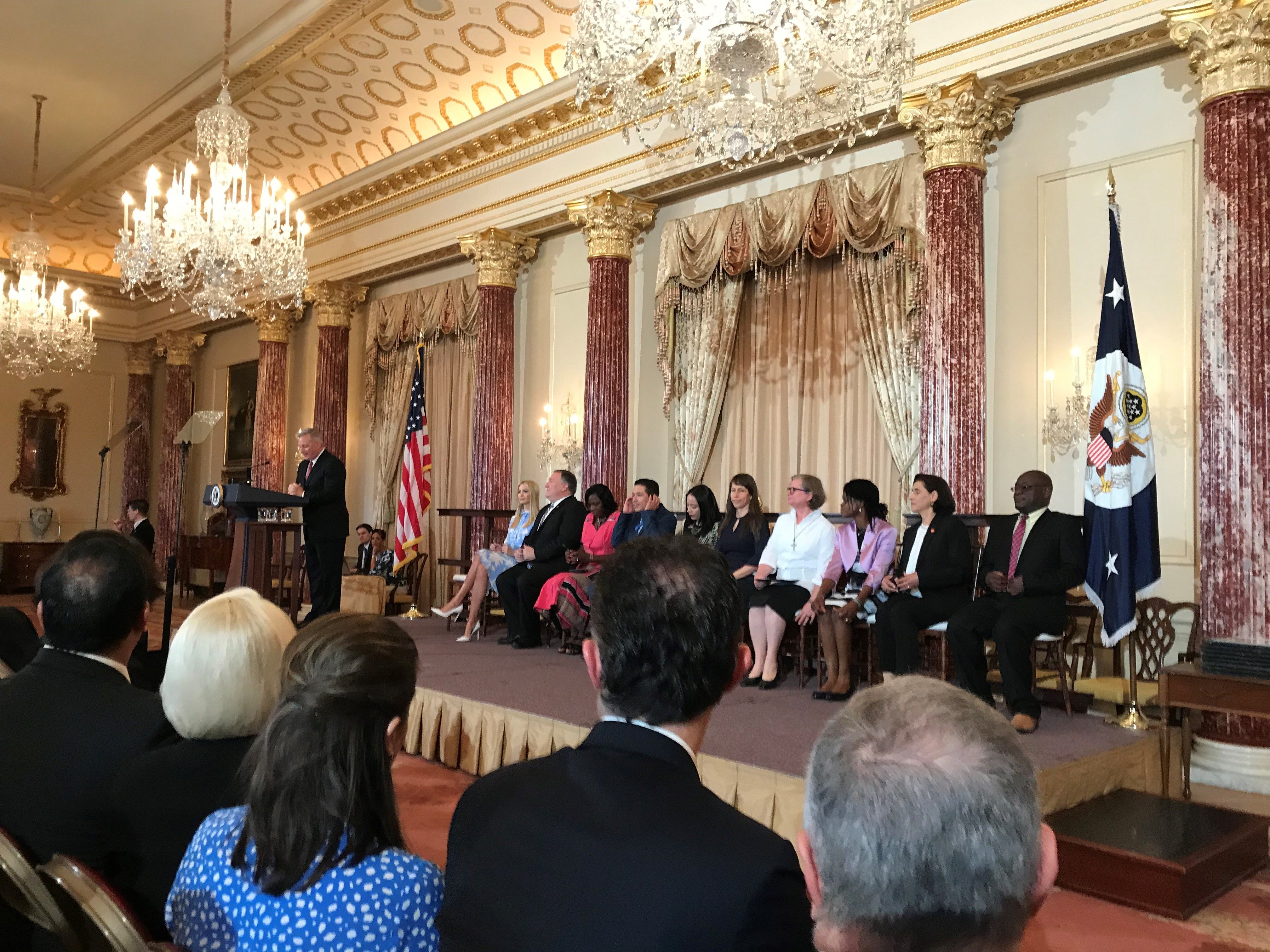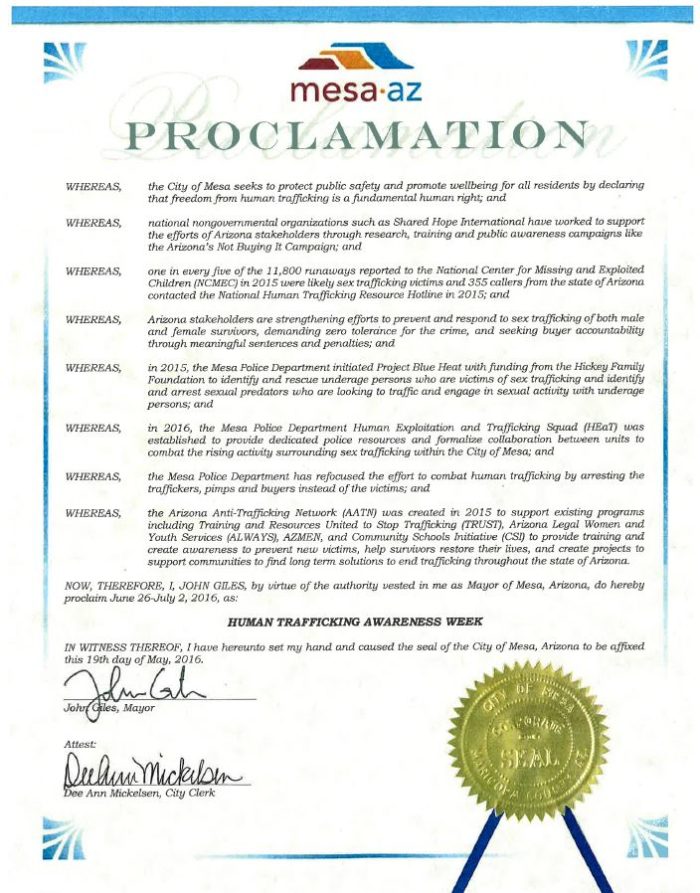
By Nancy Winston, Vice President, Shared Hope International
Each year at this time the TIP report lands with a thud. The huge undertaking by the U.S. Department of State to define the state of human trafficking world wide used to represent a couple pounds of paper on my desk and now is a virtual thud on my computer. While I have interest in this report and trafficking writ large, I am always drawn to look more closely at those where Shared Hope has had a presence. While the report talks mostly about what the governments are doing, there is always acknowledgement of NGO activity at some level within the sections that discuss Protection and Prevention—and yet, it is impossible to see in a report like TIP the real difference that an NGO like Shared Hope has made and is continuing to make.
Human trafficking awareness was only beginning to impact the global conscience, beginning with books like Kevin Bales’ Disposable People, about 20 years ago. Remarkably, that is also when child sex trafficking came to the attention of a member of Congress who would found Shared Hope, making us one of the first NGOs to establish programs for protection and prevention in India and Nepal. Those early efforts were quickly followed by establishing resources in Fiji, South Africa and Jamaica. It is gratifying and humbling to realize how much Shared Hope was already doing by the time the first TIP report was produced 3 years later. While certainly not able to do the extensive evaluation that the Department of State subsequently did, Shared Hope learned enough to quickly address needs for protection and prevention —not for all, of course—but for some, giving birth to our motto of “one life at a time.” [easy-tweet tweet=”Shared Hope learned enough to quickly address needs for protection and prevention —not for all, of course—but for some, giving birth to our motto of one life at a time.” user=”SharedHope” hashtags=”SharedHope” url=”https://sharedhope.org/2019/07/10/2019-trafficking-in-persons-tip-report-our-international-reflection/” template=”dark”]
This spring I had the privilege of returning to India, Nepal and Jamaica to evaluate our support of partners in those countries doing the work on the ground. Our relationship with these groups goes back over much of these two decades of the anti-human trafficking movement and illustrates the value of Shared Hope’s investment in protection and prevention. In India, one partner established an academy specifically for young women who were little ones rescued from the brothel when we first met them; now they are being trained in disciplines specifically intended to equip them (academically, emotionally, psychologically) to be some of the first females to go from the brothels of India to leadership in the country. Another partner in India has taken on the role of legal guardian for children whose mothers are still trapped in the brothel until those moms can get free. During the period of guardianship (which for most is many years), they make sure the moms and children continue to have regular times to spend together and work on their relationship with the hope of re-unification someday. In Nepal, the rescued children we met in those early years have graduated college, or married, or pursued careers of service to give others the gift of freedom. In Jamaica, our partner is teaching 13 year olds who have had babies due to incest or rape how to mother, and helping take care of those babies as well. [easy-tweet tweet=”In Nepal, the rescued children we met in those early years have graduated college, or married, or pursued careers of service to give others the gift of freedom.” user=”SharedHope” hashtags=”SharedHope” url=”https://sharedhope.org/2019/07/10/2019-trafficking-in-persons-tip-report-our-international-reflection/” template=”dark”]
I’m proud of the fact that our Department of State continues to challenge the world to do better, but what is most inspiring to me is the privilege of seeing how improvements are occurring on the micro-level such as the ones Shared Hope has been able to touch, one life at a time.








